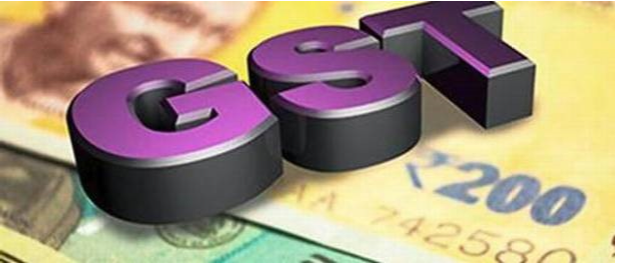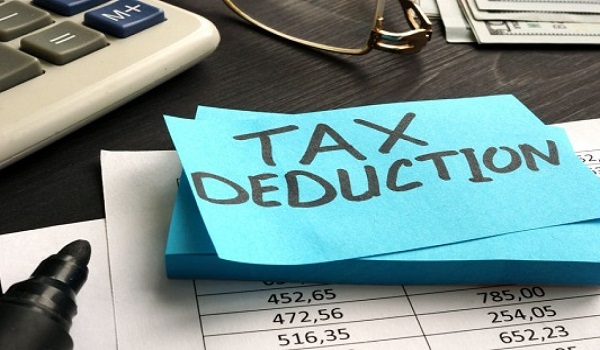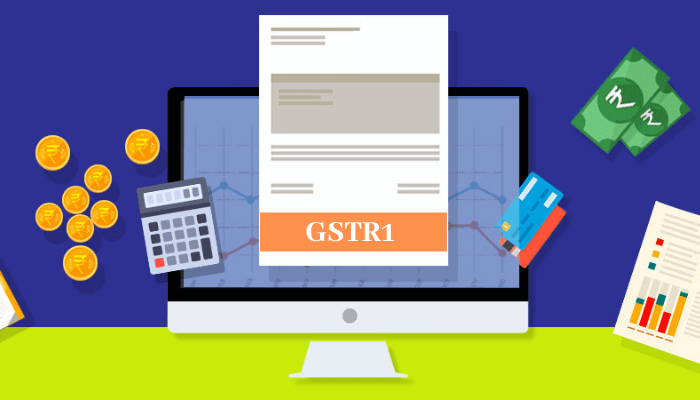The stand of Indian government is devoid of any macro-economic logic. It is not a contra-cyclical, but a pro-cyclical stance. And it is untenable, legally and morally.
The stance of the Centre is a body blow to public trust, which is essential for any federal system to work smoothly.
The relation between the Centre and the states has reached its nadir with the controversy over the GST compensation payment. The shortfall in GST revenues in 2020-21 from the protected level will be of the order of Rs 3 lakh crore. The collection from the compensation cess from which this shortfall is to be paid, will be only Rs 70,000 crore. So, how to fill the gap of 2.3 lakh crore?
The only recourse is to temporarily borrow this amount and recoup it by extending the period of the cess collection from the stipulated five years to a longer period. This indeed was the solution that was put forward by none other than the former Finance Minister Arun Jaitley when such a contingency came up for discussion in the GST Council.
However, the Union government today is unwilling to borrow the necessary amount and make it available to the cess fund. They are afraid that such a large borrowing will push up the interest rate. It is strange that this should be the reaction of the Centre which has proposed a Rs 21 lakh crore stimulus package, mostly relying on bank credit.
If one is seriously worried, then the solution will be to monetise the debt. That’s what governments all over the world are doing. That is what even C Rangarajan, the former RBI governor who put an end to the age old practice of monetising the debt, finds acceptable in the present situation. But the Centre will have none of it. They will shift their argument to the ballooning fiscal deficit. Surely, the deficit will go up even if the states are doing the borrowing.
It is much more convenient for the Centre to borrow to meet the shortfall in the cess fund. The cost of borrowing by states would be higher by 1-2 percentage points. The states’ fiscal deficit ceiling would have to be raised. And further, since the compensation requirements of the states differ so widely, the permissible increase in fiscal deficit ceiling of each state would have to be separately fixed.
Apart from above reasons, it is the moral responsibility of the Centre to provide resources to the fund. When there was surplus in the cess fund, as was the case in the first two years, the surplus funds were deposited in the Consolidated Fund of India. Even the undistributed portion of IGST, which at times was over Rs 1 lakh crore was deposited in the public account of Government of India. Symmetry demands that when the cess fund is in deficit and requires temporary accommodation, the Government of India should support it.
This, I would say, was the spirit of the initial discussions spread over five hours in the last special meeting of the GST Council. Then all of a sudden, at the fag-end of the meeting, the Centre came up with an out-of-the-hat argument, never heard before. The constitutional provision is for compensating for the loss of revenue in the course of “implementation of GST”. The loss in revenue as a result of COVID-19 is not a shortfall arising out of the “implementation of GST”. It is an act of god. The Indian government has the dubious distinction of invoking the principle of force majeure to avoid payment due to its constituent states.
The whole argument is legally untenable. How the loss due to the “implementation of GST” is to be calculated is clearly laid down in Section 7 of the Compensation Law on “Calculation and Release of Compensation”. It is the difference between the protected revenue and the actual collection, to be paid every two months. It makes no distinction between acts of gods, humans or nature.
The stance of the Centre is a body blow to public trust, which is essential for any federal system to work smoothly. It is unilateral and a brazen abrogation of the solemn promise made to the states when they surrendered more than 70 per cent of their tax domain. The payment of full compensation is a constitutional right of the states and there can be no compromise on this principle. This is the position taken by all the non-BJP states today.
Non-payment of full compensation will force the states to cut their expenditure because their budgets were prepared after factoring in a 14 per cent growth in GST. The states are not demanding accommodation for increasing the expenditure, but for maintaining it at the budgeted level. States account for 60 per cent of total government expenditure in India. On the one hand, the claim of the Centre is that it is trying to stimulate the economy by increasing the government expenditure and on the other hand, it is forcing the states to cut expenditure. It is surely going to aggravate the economic crisis.
The data for the first quarter for the current fiscal year shows that the global average contraction of 60 countries, for whom data is available, is only around 12 per cent, while the contraction in India has been 24 per cent. The major reason for the miserable performance of the Indian economy, after the fiasco of demonetisation and the manner in which lockdown was implemented, has been the weakness of its stimulus package. The real stimulus is only around one per cent of the GDP. The total consumption demand in the economy has fallen by 27 per cent. A reduction in the expenditure of the states will further undermine aggregate demand and the recovery.
The stand of Indian government is devoid of any macro-economic logic. It is not a contra-cyclical, but a pro-cyclical stance. And it is untenable, legally and morally.
The writer is finance minister of Kerala
Source: Indianexpress.com
***
[rainbow]Don’t miss the next GST Update / Article / Judicial pronouncement[/rainbow]
Subscribe to our newsletter from FREE to stay updated on GST Law
Resolve your GST queries from national level experts on GST free of cost.
TW Editorial Team comprises of team of experienced Chartered Accountants and Advocates devoted to spread the knowledge of GST amongst the various stakeholders.




